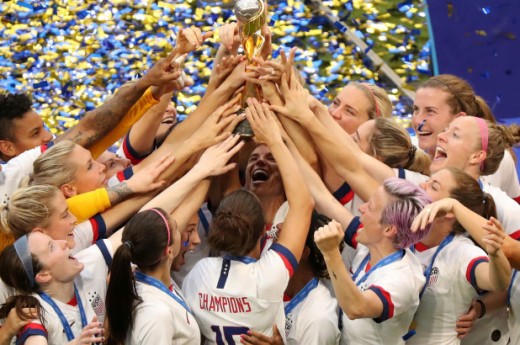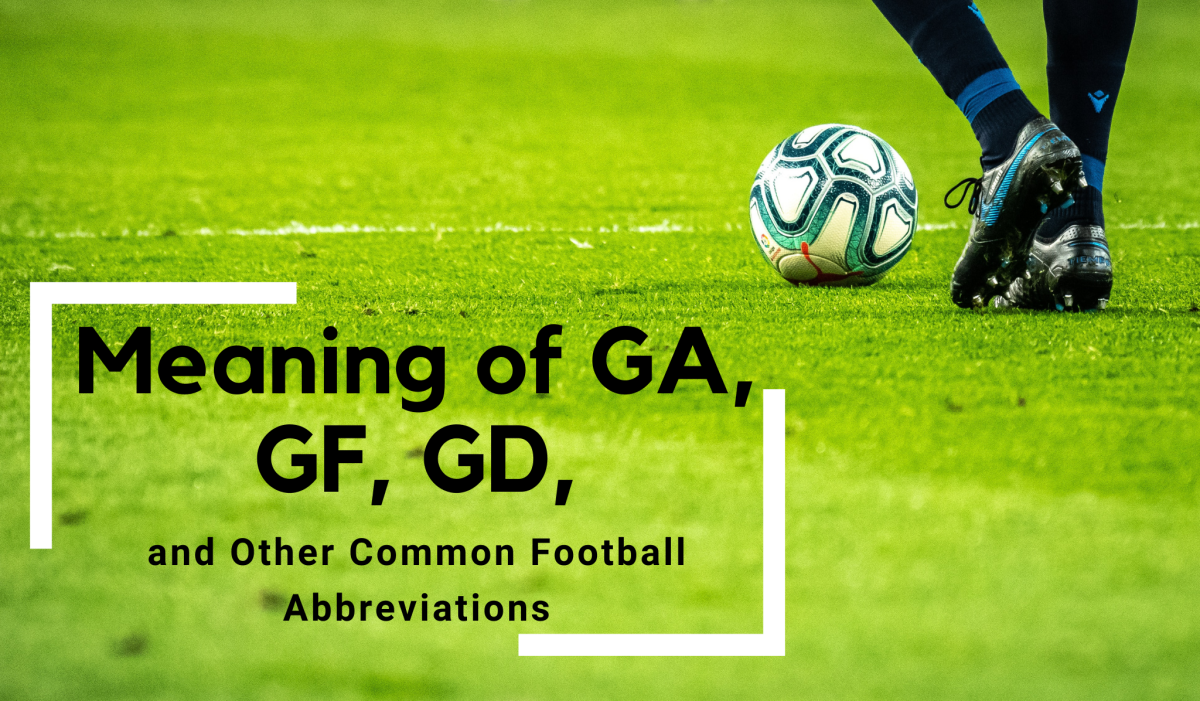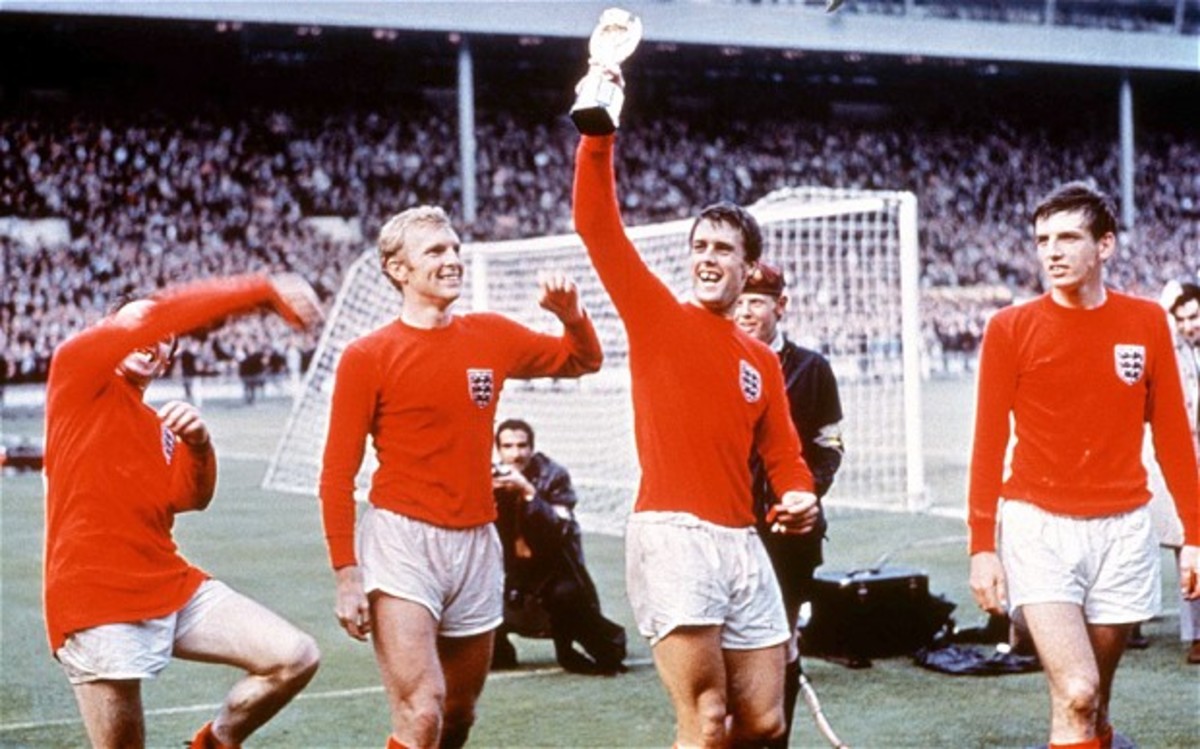Why I Couldn't Cheer for the USA Women's National Team

The U.S.A. Women's National Team has won the FIFA Women's World Cup for the second consecutive time, in a typically self-assured performance against the Dutch. America was beyond ready for its winners: Nike doled out an inspiring and celebratory ad mere minutes after the final had ended (watch it here). In some ways, in fact, America as a nation could be faulted for overzealousness - both on and off the field. From raucous cheering and chanting in the stands, to inflammatory gestures and - it has to be said - a measure of arrogance on the field; from overt political or socio-cultural statements to full-bellied renditions of Yankee Doodle, the USA certainly attracted its fair share of attention.
But in the end, who can blame them? These American women love to win. And who doesn't? Maybe the whole tea-drinking incident was a little over the top - then again, fans of the Scottish and Irish men's national teams had a chant-off back in 2015 that consisted entirely of bellowing "We hate England more than you!" at each other (here), so it seems Americans shouldn't be the only ones called out for enjoying a good dig at the Tommies.
As for the political gestures, well... what can you say except that the women's team has always been about more than soccer? From the folding of the WPS League back in 2013 to endless battles about equal pay and recognition in the domestic soccer world - all of this underpinned by bigger battles for rights, respect, and recognition for women and others in America itself - the success of the national women's team has provided a stage for 23 powerful individuals to make statements that cannot be ignored.
So why, then, when they won their second consecutive World Cup, could I barely lift my arms in celebration?
The Hype
Maybe I'm just a cynic. But when I see the US women's national team, I think of Brazil's men's team from back in 1950. The World Cup was held on their home turf, and the final was played in the awe-inspiring Maracana Stadium. The hype, predictably, was insane. Pele said in his autobiography: "At the 1950 World Cup, it was especially obvious that sport was only one part of the story. For the first time, but certainly not the last, Brazilian politicians saw the tournament as a golden opportunity to enhance our country's reputation - as well as their own... All of Brazil got caught up in the propaganda, and it would bleed onto the soccer field in the most unfortunate ways."
The pressure on the players was overwhelming. So, too, was the skill of the Uruguayan national team, whom Brazil faced in the final. More, they were a team angered: Pele quotes the governor of Rio de Janeiro in his pregame speech, with the Uruguayans warming up directly behind him, as saying "You Brazilians, whom I consider victors of the tournament... You whom I already salute as conquerors!"
No contender for the FIFA World Cup Final enjoys being dismissed before the starting whistle blows. Uruguay were buoyed by a furious passion, in reaction to the 'harmless' arrogance exhibited by the Brazilians. Though it was Brazil who scored first, it was Uruguay who scored last; the hosts found themselves on the receiving end of a devastating 2-1 loss.

Okay, so nobody in America was saying 'We've already won' before the final (or were they? Looking at you, Nike....). That's not what I'm worried about. What I am worried about is was happened in the nation that had so cherished its team up until that moment. The Brazilian national team, who had - like our American women - become the faces and engine for social changes and progression, was scorned and discarded. Pele describes the plight of those who had been heroes: Friaca was followed by fans chanting the names of the Uruguayans; Zizinho received hate calls on July 16 - the date of the 1950 Final - for decades; Bigode hid from the world; Barbosa, whom Pele says "had it worst of all", is quoted as saying "'In this country, the maximum criminal sentence in thirty years. I'm not a criminal, and I already served far more than that.'"
One day, the American women are going to lose. They've already created one Uruguay - the English women played with unbridled ferocity and Phil Neville had no qualms about telling the media what he thought of our team - and though they didn't lose to them, one day there will be a team who is angry enough or simply good enough to beat the USA. And maybe that'll be okay - I truly, truly hope it is. But while I was watching US women's team lift the trophy, I couldn't help thinking about all the Americans who were sitting at home, wearing satisfied smiles and remarking that this proved - to Trump, to men, to other countries; whatever - that they were right and that they would not be ignored.
To everyone who wore that smile that day, I ask you: what will happen when our team loses? What will happen when the powerful women you have supported come up short, as happens inevitably in the sporting world? Will you discard them and find new heroes?
For the Love of the Game
The truth is, people will. Many people, of course, will never stop loving these women and what they stand for. But there will be many - perhaps the majority - who will look at the team that gave their all for their country and, like the Brazilians in the 1950s, say 'Well, that wasn't good enough' and discard them. The more I thought about that, the more frightened I became for their future. It's hard to celebrate a victory that you fear will be overshadowed by eventual defeat. And, as I thought about that fateful day, I began to wonder: what happened to soccer for soccer's sake? When I sat laughing and crying on my couch after Trent Alexander-Arnold took the cheekiest corner in the history of corner kicks against Barcelona to win the Champions League semifinal and wrap up Liverpool's latest miracle, I wasn't captivated by some political statement that the team was trying to make. I was crying because it was beautiful, because soccer is beautiful. Why can't we play because we love playing?
I'm sure if I asked any of the women on that national team that question, they'd say something to the effect of 'We were never allowed to play because we loved to play.' The fact of the matter is, the Liverpool men have the luxury of playing soccer for soccer's sake, while these women have had to fight for every 'unalienable' right of soccer. The right to play, the right to be paid, the right to be paid well, the right to be shown on television and to have a league to play in; they've spent so long playing and winning just to be able to sit at the soccer table, and even now their league is still grotesquely inferior to any men's league. The will to fight, the will to succeed, is so built into their DNA by injustice that I imagine even the recognition of their wildest dreams wouldn't sate it. Even if tomorrow, anonymous billionaires pooled their funds to create a women's league sporting multi-million dollar teams and international broadcasting rights, our women would continue to fight because it's what they do best. There's a certain kind of ferocious beauty to it that's impossible to deny.
To Cheer?
Maybe it's the Romantic in me (that's a capital-R Romantic, as in admirer of outdated grandiosity, devotee to old-fashioned moral absolutes, lover of the wide horizons, and user of dorky phrases like 'the power of music' - not a romantic as in a Hollywood womanizer), but that ferocious beauty makes me sad rather than joyous. Nobody should have to live a life dictated by what they weren't allowed to do; the soccer field should be a place of love, not war.
The point of all this is, I couldn't cheer for the American Women's National Team because I was too saddened by the kind of soccer they play - have been forced by years of inequality to play. I'm saddened that not one of those women has been given the opportunity to play because they love the game rather than because they have to win. I'm also frightened by what will happen to these women when they lose; people have an abhorrent tendency to turn away from their idols when those idols are anything short of perfect, and the only guarantee of soccer is that nobody wins every game. Eventually our idols will lose, and I'm far too scared of the fallout of that loss to cheer for their win. A soldier will tell you that you don't celebrate a victory on the front lines, because that victory could turn into a bullet the next day.
But it's possible I'm taking too cynical a stance on something that's too far in the future to see clearly. The next World Cup is four years away: that's four years in which these women, who for now are heroes in the eyes of all, have some serious say in our country. If we could get our government and some funding behind these girls, that combination could provide some serious firepower for social change. Instead of a future in which 23 embattled women are discarded by the country they worked so hard to change, we could have a future in which the warrior generation retires in honorable old age and gives way to the new guard: a group of women who have lost none of the fighting spirit of their predecessors, but now at last have been afforded the opportunity to love what they do. A team that fights to win every game and lives in a country that gives them the chance to play the game they love for the game's own sake? Now that is a team I could cheer for without fear, without sadness. Such a team would be proof that America is more than just an unending war for equal rights: we're a country that gets there. So come on, USA. The women have done their work on the field; now it's time for us to do our work off it. God willing, four years from now I'll be writing an article entitled 'Why I Couldn't Stop Cheering for the USA Women's National Team'.
Pele, 2014. Why Soccer Matters. New York, NY: Celebra. Quotes found on pp. 33; 36; 31; 48-49.








